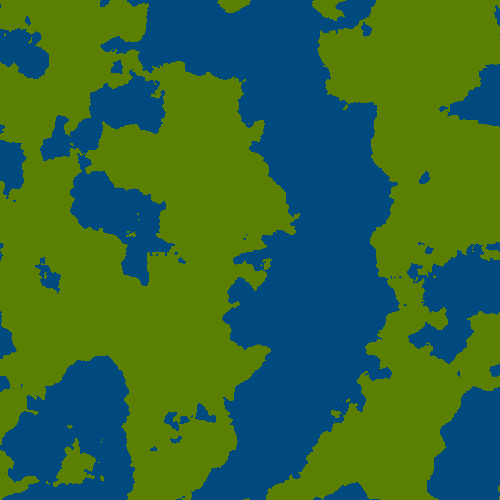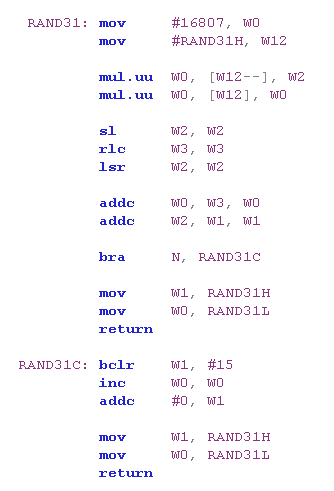

One step up from hand-drawn is to create your own " geomorphs", in the style of Dyson Logos. Not unlike playing a dungeon crawling game itself.
#Random map generator algorithm manual
You can follow a smooth progression from manual to automated, with many detours, challenges and treasures along the way. So dungeon generation is a fantastic topic for trying out a new language, or learning programming itself.Īnd the complexity of a solution can steadily ramp up from the entirely hand-drawn to the entirely generated. And yet it's such a fun, visually spectacular and entirely-playable pursuit. The beautiful thing about dungeon generation is that it's one of the purest algorithmic problems you can encounter.
#Random map generator algorithm full
The first one is by Mike Bostock, whose full name I imagine to be "The Amazing Mike Bostock" as that is how I always pronounce it. So here's three articles on the related topic of Maze Generation. Screenshot from "Solomon's Keep" an excellent rogue-like dual-stick shooter for iOS (Thus, wall-following may not be a sufficient way to solve such a puzzle). They can also have stairs, which act as entry/exits, and note that the stairs do not strictly need to be on the edge of the dungeon, they can be anywhere inside the dungeon.

If you want to get right down to it, dungeons also have monsters in some of the room, treasure boxes (occasionally) and (if there are locks) they may have keys (possibly hidden in treasure boxes). Rooms have a number of door ways and (sometimes) door ways can be locked! Dungeon = Maze + Rooms + Monsters + Treasure + Locks + Keys + Stairs Dungeon = Maze + Roomsĭungeons-it must be noted-differ from the related concept of "Mazes", because while Mazes consist solely of "passageways", Dungeons have Passageways and Rooms.

Rogue set the scene for a genre known (rather unimaginatively) as "Rogue-Likes", and their more general category: "Dungeon Crawlers". When you're tired of procedurally generated dungeons, you're tired of life.īeginning with the game 'Rogue' in 1980, there is a long tradition of games which automatically generate their levels, in real-time, as the player enters each level. Algorithms games generators aleatoric spin


 0 kommentar(er)
0 kommentar(er)
